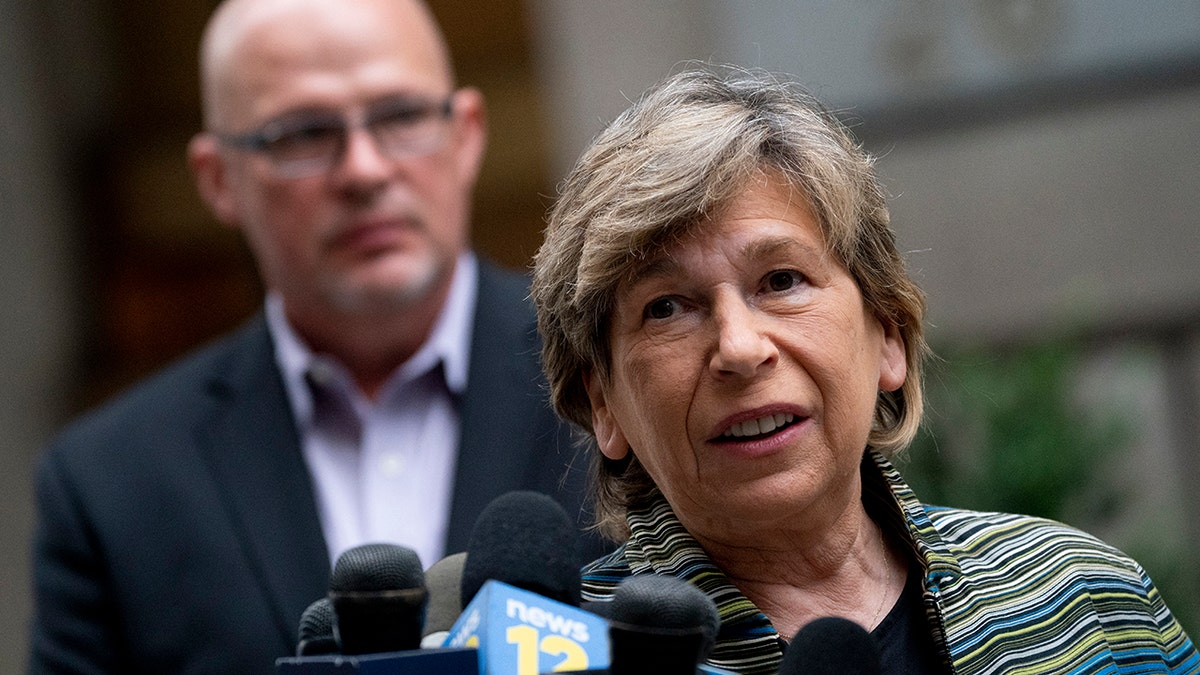In the political arena, a curious phenomenon unfolds: the rise of failing upward. Politicians with historically low approval ratings and questionable track records somehow continue to ascend the ladder of power. This begs the question: are we rewarding success or simply perpetuating a cycle of incompetence?
Take, for instance, Vice President Kamala Harris. Recent polls paint a grim picture of her popularity, yet she remains a heartbeat away from the presidency. This raises concerns, especially considering President Biden's occasional verbal stumbles and apparent cognitive decline. His confusion between Iraq and Ukraine underscores the fragility of the current leadership.

The trend extends beyond the executive branch. Consider Karine Jean-Pierre, the White House Press Secretary. While her appointment is undoubtedly historic, her performance has been met with criticism. Her frequent reliance on pre-prepared talking points and evasiveness during press briefings raise questions about her effectiveness.

Pete Buttigieg's tenure as Transportation Secretary has also been marked by challenges, including widespread flight cancellations and supply chain disruptions. Despite these issues, he remains a prominent figure in the Democratic Party.
The pattern continues with figures like Randi Weingarten, president of the American Federation of Teachers, whose influence on education policy has been substantial despite controversies surrounding school closures during the pandemic.

Even figures like Dr. Anthony Fauci, whose handling of the COVID-19 pandemic drew both praise and criticism, have landed prestigious positions after leaving government service. Similarly, former mayors Bill de Blasio and Lori Lightfoot, despite facing criticism during their terms, have found their way into academia.

This trend of rewarding failure raises fundamental questions about meritocracy and accountability in politics. Are we prioritizing diversity and representation over competence? Are we creating a system where connections and ideology trump qualifications? These are critical questions that deserve serious consideration if we want to ensure effective and responsible governance.








